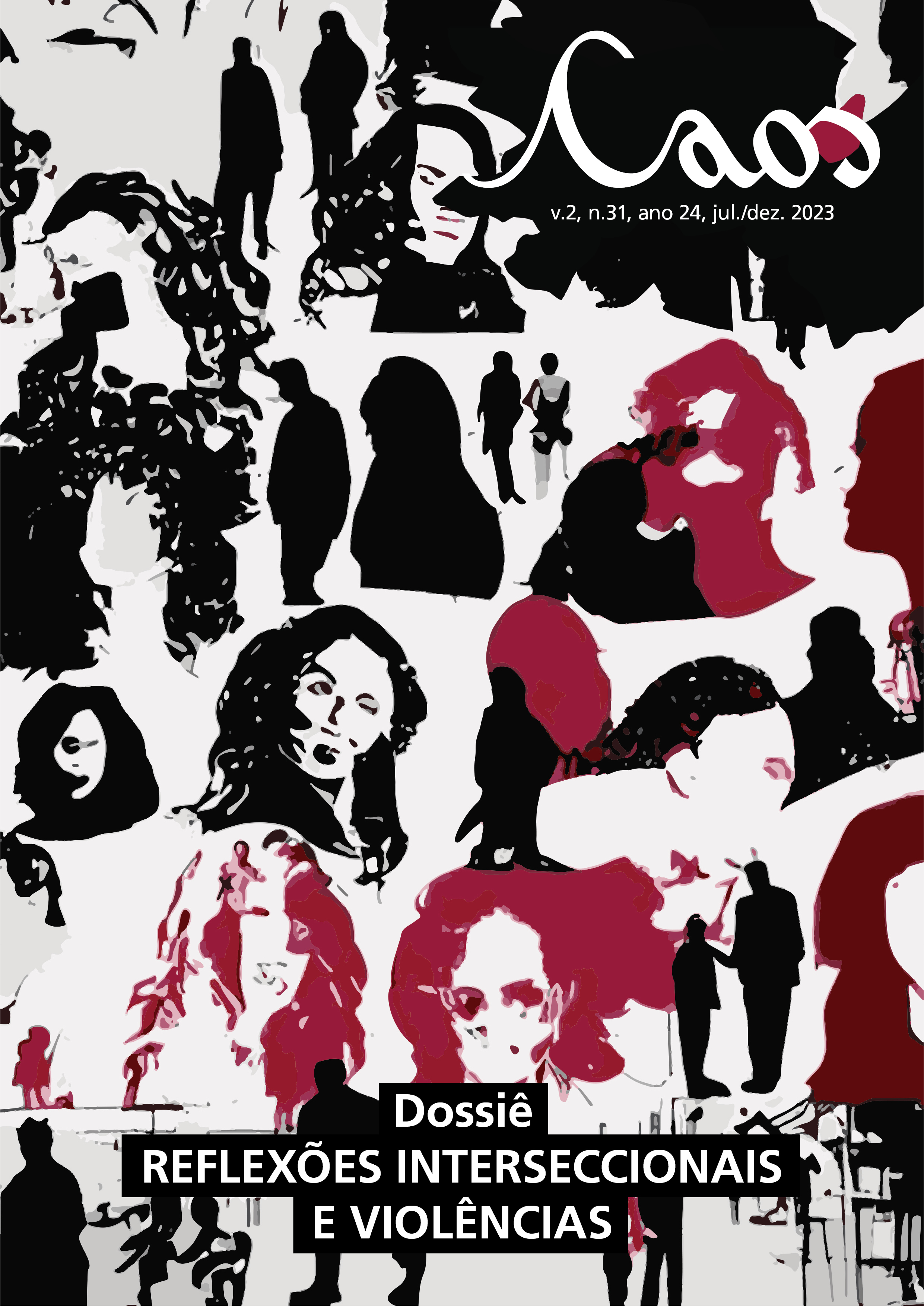CANNABIS CONSUMPTION, SOCIAL CONTROLS AND THEIR EFFECTS
DOI:
https://doi.org/10.46906/caos.n31.67626.p20-44Keywords:
marijuana consumption, social inequalities , intersectionality, police violence.Abstract
This study was conducted in São Lourenço da Mata, between the years of 2018 and 2019. It is based on semi-structured interviews with recreational cannabis consumers and aims to present a comparative study, based on internal diversification, among low income users. Throughout the data analysis (thematic analysis), it was perceived that the variable “schooling” was the one that generated a great distinction among the respondents. Thus, the interviews were organized into two sets: Set A, consisting of interviews with university students or graduates; and Set B, consisting of interviews with people who had completed at most upper secondary education. The consumers' profiles were analyzed, as well as the consumption profiles and social regulation of the activity by families, neighbours, individuals in general and the State. Among the consumers in Set B, it was noted a higher intensity of consumption, less parental control, less concern towards the neighbours and low or no strategies in regards to the police. As for Set A, on the other hand, the practice was shown to be more cautious. Regarding police violence the most vulnerable individuals were the preferred targets.
Downloads
Metrics
Published
Issue
Section
License
Copyright (c) 2023 Ricardo Bandeira de Melo

This work is licensed under a Creative Commons Attribution-NonCommercial 4.0 International License.
A Caos é regida por uma Licença da Creative Commons (CC): CC BY-NC 4.0, aplicada a revistas eletrônicas, com a qual os autores declaram concordar ao fazer a submissão. Os autores retêm os direitos autorais e os de publicação completos.
Segundo essa licença, os autores são os detentores dos direitos autorais (copyright) de seus textos, e concedem direitos de uso para outros, podendo qualquer usuário copiar e redistribuir o material em qualquer suporte ou formato, remixar, transformar e criar a partir do material, ou usá-lo de qualquer outro propósito lícito, observando os seguintes termos: (a) atribuição – o usuário deve atribuir o devido crédito, fornecer um link para a licença, e indicar se foram feitas alterações. Os usos podem ocorrer de qualquer forma razoável, mas não de uma forma que sugira haver o apoio ou aprovação do licenciante; (b) NãoComercial – o material não pode ser usado para fins comerciais; (c) sem restrições adicionais – os usuários não podem aplicar termos jurídicos ou medidas de caráter tecnológico que restrinjam legalmente outros de fazerem algo que a licença permita.
Recomendamos aos autores que, antes de submeterem os manuscritos, acessem os termos completos da licença (clique aqui).
















